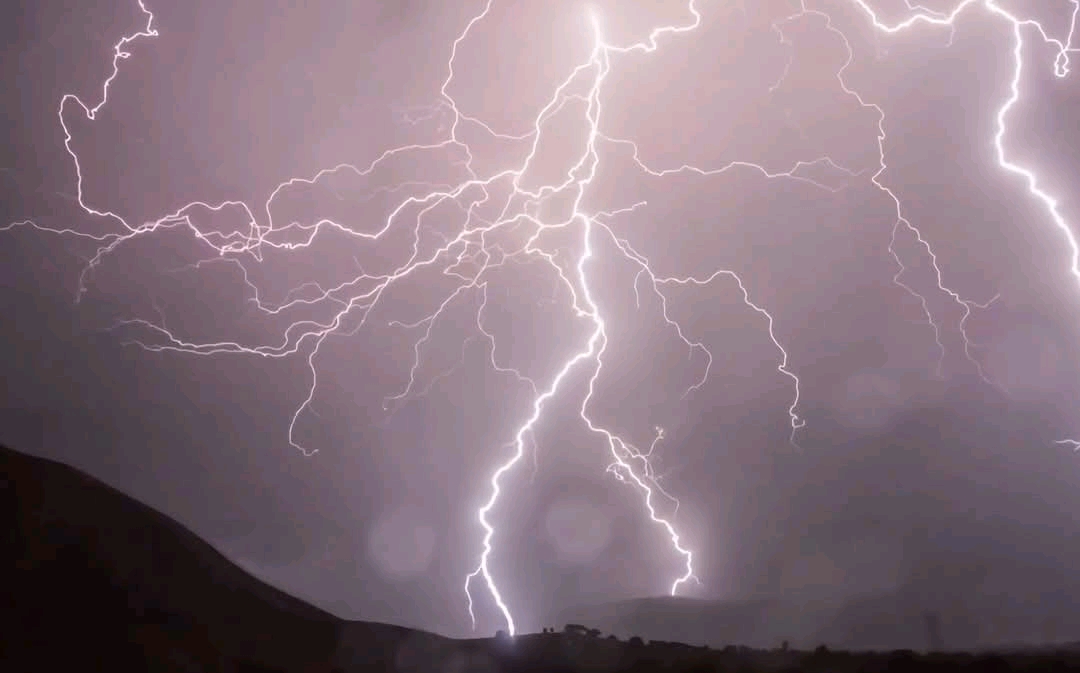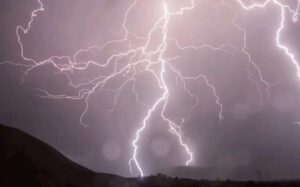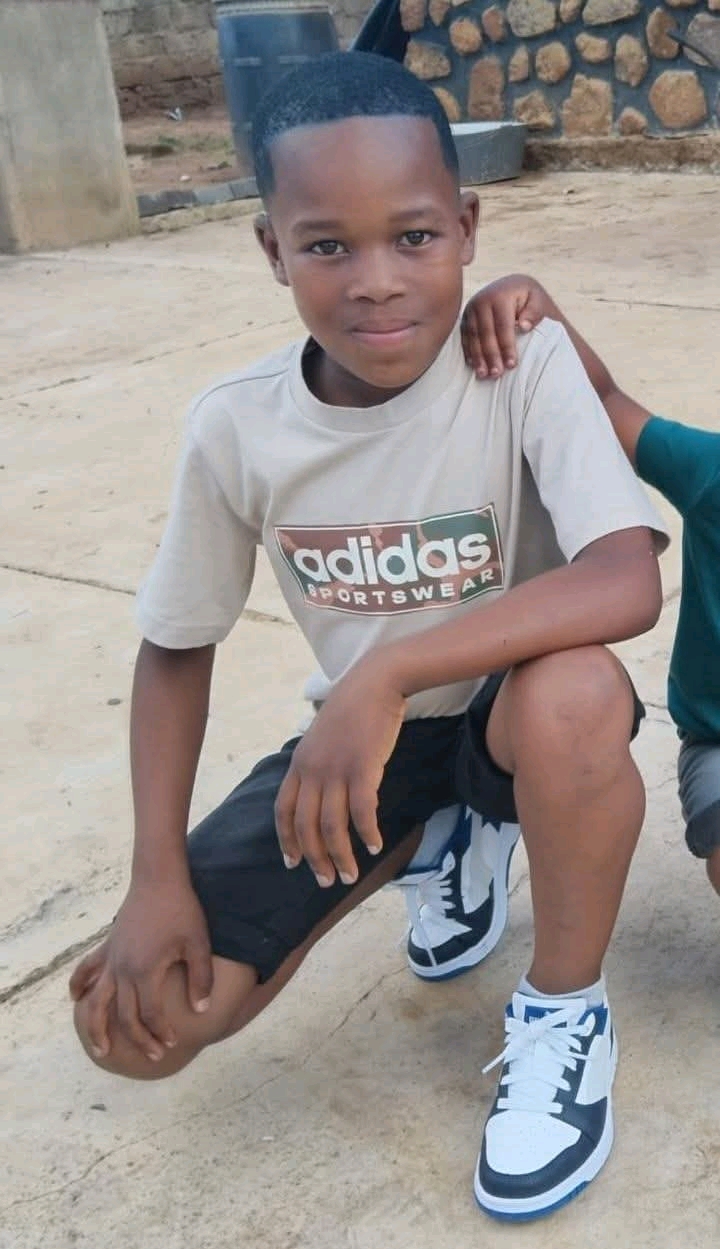
Two people were killed in separate lightning incidents in Limpopo on Thursday, 20 November 2025, prompting an outpouring of grief and renewed debate about long-standing stereotypes linked to the province. The tragic events occurred in the villages of Magagamatala and Sepakapakeng in the Fetakgomo Tubatse Municipality, where severe weather conditions have battered communities in recent weeks.

The deceased have been identified as Shaku Raputu Treki of Sepakapakeng and Bapela Mmahlahle of Magagamatala. Authorities did not disclose exactly where the victims were at the time of the strikes, but both incidents occurred as thunderstorms and heavy lightning swept across large parts of Limpopo. The province has been experiencing intense summer storms, which have led to flooding, damage to infrastructure, and increased safety warnings from local authorities.
Following the tragedies, the families of both victims received visits from the African National Congress (ANC) Sekhukhune regional leadership. Spokesperson Sam Uwane said the party extended condolences and emotional support to the grieving households. He noted that the delegation, led by Regional Chairperson Minah Bahula, met with the affected families to offer comfort and solidarity during their time of loss. The visits highlighted the community’s shared sense of mourning as residents navigate the dangers brought by the ongoing severe weather.
The Limpopo Chronicle reported that provincial leaders have urged residents to take extra precautions during thunderstorms, especially as meteorologists warn of continued heavy rains and lightning throughout the summer season. Rural areas, which often lack lightning protection infrastructure found in bigger towns and cities, remain particularly vulnerable.
The fatalities have also reignited public conversation about Limpopo’s long-standing association with witchcraft — a stereotype that frequently surfaces on social media whenever unexplained or tragic events occur in the province. Many South Africans took to various online platforms to share their thoughts on the matter. While some users mentioned the province’s reputation in a humorous or sarcastic tone, others criticised the tendency to link natural disasters with supernatural beliefs.
One social media user pointed out that rural residents are more exposed to lightning because of the absence of lightning conductors and tall buildings that can divert strikes. Another commented that Limpopo “will never beat the allegations,” while others reiterated beliefs about witchcraft being “real” in the region. The online reactions reflected a mix of concern, superstition, and dark humour — a common pattern in South African digital spaces when tragedies strike.
These recent fatalities form part of a broader trend of lightning-related tragedies in the country. In 2021, two young men died after being struck in Mtubatuba in KwaZulu-Natal. A learner in Dannhauser was killed during a storm in February 2024, and a home in Middelburg caught fire after a lightning strike in late 2024. As climate patterns shift and severe storms become more frequent, experts warn that communities — especially in rural areas — remain at risk.
As Limpopo mourns the latest victims, leaders continue urging vigilance, education, and better infrastructure to help mitigate future tragedies. The deaths serve as a stark reminder that while cultural beliefs may shape reactions, the realities of severe weather demand awareness and preparedness to protect lives.




